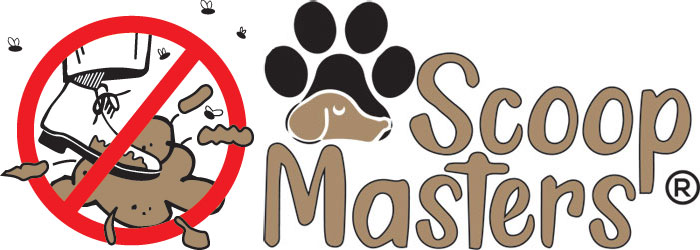One of the common problems faced by communities with dog owners is the issue of dog poop killing the lawn in their green belts. While it may seem like a minor inconvenience, this problem can actually have detrimental effects on the overall health and appearance of your lawn. In order to maintain a lush and green common area, it is important to address this issue and implement proper pet waste management practices.
What’s in That Poop Anyway?
When it comes to the topic of dog poop and its effects on grass, understanding the chemical composition is crucial. Dog poop contains a variety of substances that can have both positive and negative impacts on the health of your lawn. When dogs defecate on the grass, their waste contains high levels of nitrogen and salts. Nitrogen is an essential nutrient for plant growth and can act as a fertilizer for your grass. However, when dog waste is not properly managed or cleaned up, excessive nitrogen can accumulate in one area. When this happens it can cause an overload of nutrients for the grass. This can result in yellow or brown patches on your lawn known as “burn spots.”
In addition to nitrogen, dog poop also contains other elements such as phosphorus and potassium. These elements are also important for plant growth but must be balanced in order to promote healthy grass growth. Chance are, these elements in dog waste are not naturally balanced. An excess of these elements from dog waste can disrupt this balance and lead to nutrient imbalances in the soil.
But wait, there’s more! Dog feces may contain harmful bacteria such as E. coli or parasites, like roundworms and giardia. These parasites can pose health risks, not only to humans, but also to other animals that come into contact with the contaminated area. Canine Parvo is well known for being transferred from dog waste.
How Can I Prevent This in my Association?
To prevent dog poop from killing your grass and ensure proper lawn care, it is crucial to promptly clean up after your pets. Regularly removing dog waste not only helps maintain a clean and hygienic environment but also prevents the buildup of harmful substances in the soil. Watering your association’s common green belts can also help by diluting the dog waste and urine. Providing your community with pet waste stations can help cut down on dog waste not being picked up. I said “cut down” not prevent. We all know there are irresponsible dog owners who don’t or won’t pick up their waste. That’s where we come in. Keep reading.
In conclusion, addressing the problem of dog poop killing grass requires proactive measures such as regular cleaning and appropriate fertilization techniques. At Scoop Masters, we can help you with the first concern by providing a regular cleaning of your association’s common areas. For proper fertilization, you’ll need to contact a landscaper for that one. By implementing these practices, you can maintain a vibrant and thriving lawn while ensuring a safe environment for both your pets and your community. And to help you implement these practices, contact Scoop Masters today for a free no obligation quote. You can doo that by clicking on the link below. Every pun intended. Enjoy!


Trackbacks/Pingbacks